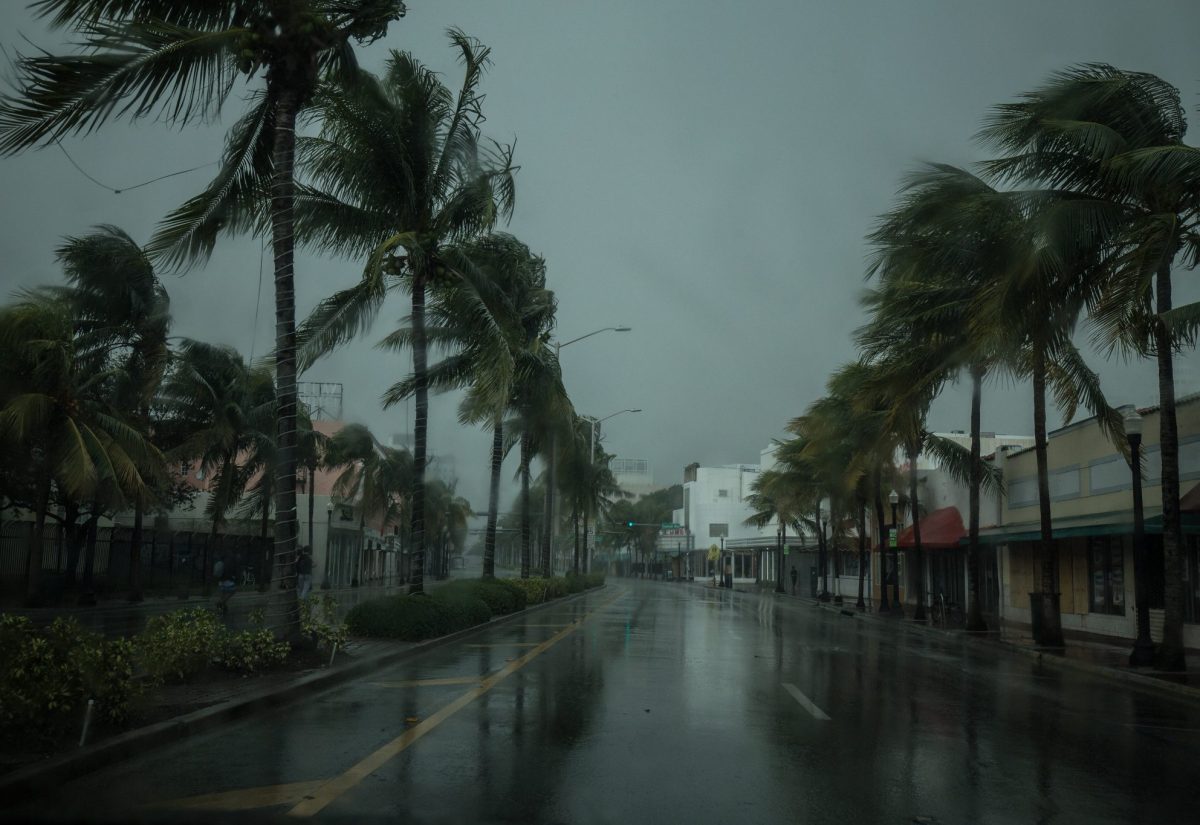Farmers Encouraged to Ramp Up Hurricane Preparedness Activities
By: , September 19, 2023The Full Story
The Rural Agricultural Development Authority (RADA) is urging farmers to increase their hurricane preparedness activities for this season.
The Atlantic Hurricane Season began on June 1 and runs until November 30.
With no storms affecting the island since the start of the season, farmers still have a chance to prepare themselves and save millions in damage.
Senior Plant Health and Food Safety Officer with RADA, Francine Webb- Lawrence, said taking stock of materials and tools before a storm is important.
“Farmers should put together a listing of all the equipment that they have, including tools, farm records and data sheets. Other important documents such as birth certificates and passports should be kept in a ‘zip lock’ bag and stored in a safe place at home,” she advised.
“Farmers should also store their tools, equipment and pesticides in a safe place. We say on a raised area, like on pallets, because it is likely that we’re going to have some flooding, so you want to make sure that they are off the ground,” she adds.

Mrs. Webb-Lawrence, who was speaking in a recent interview with JIS News, also said farmers should trim their large shade trees to prevent damage to life and property.
“If we have large shade trees on the farm, particularly in the hurricane season, you want to make sure that you’re doing regular pruning of these large trees. Don’t wait until there is an advisory put out, but do routine pruning throughout the season based on the likelihood of something happening,” she said.
Farmers living on slopes or marginal lands are also being encouraged to establish crop roads and barriers across the contours of their spaces, to prevent loss of plants from soil erosion.
“Your drainage is also going to be important, because even outside of the hurricane season you want to make sure that you have the necessary infrastructure work in place, so that you can get rid of that excess water out of your field. RADA Extension Officers are here to help with how you place your drains and diversion ditches so that you can get the optimum use out of them and you are able to better channel that water out of the field,” she said.
Mrs. Webb-Lawrence also recommended that farmers who have structures such as shade houses, should make sure that these are designed to allow for rapid recovery after the hurricane.
“Build away from flood prone areas and construct these houses using the special interlocking profile. This will allow you to quickly remove the plastic mesh to the house and drop it to allow the wind to pass through if there’s a hurricane passing,” she said.
“Plants should be laid flat and once it (hurricane) has passed, they can be put back up. Reposition the mesh and you’re good to go with minimal damage,” she added.
Part of good agricultural practices is implementing protective and preventative measures before a disaster.
This is why farmers with equipment in the field are urged to remove them, depending on the intensity and direction of the hurricane.
Items such as irrigation lines should be removed to reduce the risk of severe damage.
Farmers should inspect the buildings on their property, strengthen their roofs, batten down windows and doors and store pesticides off the ground and away from fertilisers.
Mrs. Webb-Lawrence said this will prevent contamination of material from flood waters.
“We also want farmers to take precautions to reduce the likelihood of being electrocuted as well. Remember your safety is important. You don’t want to be hit by lightning or to be washed away with the flood currents, so you must protect yourself,” she urged.
For crop farmers, they are being encouraged to reap mature fruits and store them in suitable places, preferably before a storm hits.
“More than likely those are going to be damaged with the passing of a hurricane. Once that advisory is published, we recommend that you take them off the trees. This will also reduce the level of stress on the crops as well,” she said.
To get in touch with RADA Extension Officers who can provide more details on protecting your farm, persons can call (876) 977-1158-62.




